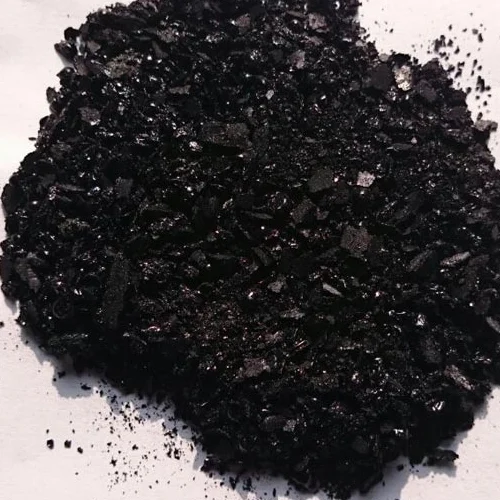Premium Indigo Dyeing Machine Service | Expert Support & Maintenance
The Importance of Indigo Dyeing Machine Service
Indigo dyeing has been a crucial part of textile production for centuries, notably known for the rich blue hues it imparts to fabrics. In the modern textile industry, indigo dyeing machines play an essential role in achieving the desired colors efficiently and consistently. However, like any machinery, these machines require regular maintenance and service to ensure optimal performance. This article highlights the importance of indigo dyeing machine service and its impact on the textile industry.
Firstly, regular servicing of indigo dyeing machines helps in maintaining the quality of the final product. Indigo dyeing is a delicate process where the concentration of dye, temperature, and timing must be carefully controlled. A well-maintained machine can produce uniform colors, reducing the risk of color discrepancies that may affect the overall quality of the fabric. Regular checks can help identify any wear and tear or malfunction in the machine, preventing issues that could lead to defective dyes or material wastage.
Moreover, servicing indigo dyeing machines contributes to the longevity of the equipment. Dyeing machines are significant investments for textile manufacturers, and extending their lifespan through routine maintenance can save companies money in the long run. Regular servicing can ensure that machines operate efficiently, reducing the likelihood of breakdowns that could lead to costly repairs or even replacement.
indigo dyeing machine service

In addition to quality and longevity, regular machine service enhances the safety of the workplace. Indigo dyeing machines often operate at high temperatures and pressures, which can pose risks if not properly maintained. Regular inspections can help identify potential hazards, ensuring that all safety measures are in place and functioning correctly. This not only protects the workers but also fosters a culture of safety within the organization.
Furthermore, as sustainability becomes increasingly critical in the textile industry, maintaining indigo dyeing machines can support more environmentally friendly practices. Efficient machines use less water and energy, and a well-maintained machine is better equipped to handle sustainable dyes and processes. By ensuring that machines are in peak condition, companies can reduce their environmental footprint while also meeting the growing demand for eco-friendly textile production.
Lastly, the service and maintenance of indigo dyeing machines contribute to improving the overall efficiency of production lines. When machines are regularly serviced, they operate smoother and faster, leading to higher productivity levels. This translates to more significant output and, ultimately, increased profitability for textile manufacturers.
In conclusion, indigo dyeing machine service is not merely an optional aspect of operation; it is a critical component that impacts product quality, equipment longevity, workplace safety, sustainability, and overall efficiency. For textile producers who wish to compete effectively in today’s market, investing in regular maintenance and service for their indigo dyeing machines is an investment in their future.
-
The Timeless Art of Denim Indigo Dye
NewsJul.01,2025
-
The Rise of Sulfur Dyed Denim
NewsJul.01,2025
-
The Rich Revival of the Best Indigo Dye
NewsJul.01,2025
-
The Enduring Strength of Sulphur Black
NewsJul.01,2025
-
The Ancient Art of Chinese Indigo Dye
NewsJul.01,2025
-
Industry Power of Indigo
NewsJul.01,2025
-
Black Sulfur is Leading the Next Wave
NewsJul.01,2025

Sulphur Black
1.Name: sulphur black; Sulfur Black; Sulphur Black 1;
2.Structure formula:
3.Molecule formula: C6H4N2O5
4.CAS No.: 1326-82-5
5.HS code: 32041911
6.Product specification:Appearance:black phosphorus flakes; black liquid

Bromo Indigo; Vat Bromo-Indigo; C.I.Vat Blue 5
1.Name: Bromo indigo; Vat bromo-indigo; C.I.Vat blue 5;
2.Structure formula:
3.Molecule formula: C16H6Br4N2O2
4.CAS No.: 2475-31-2
5.HS code: 3204151000 6.Major usage and instruction: Be mainly used to dye cotton fabrics.

Indigo Blue Vat Blue
1.Name: indigo blue,vat blue 1,
2.Structure formula:
3.Molecule formula: C16H10N2O2
4.. CAS No.: 482-89-3
5.Molecule weight: 262.62
6.HS code: 3204151000
7.Major usage and instruction: Be mainly used to dye cotton fabrics.

